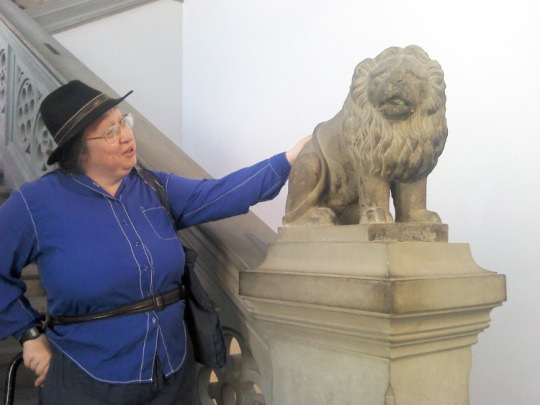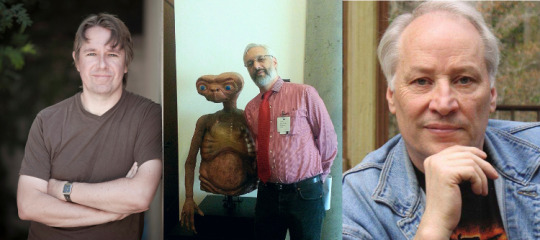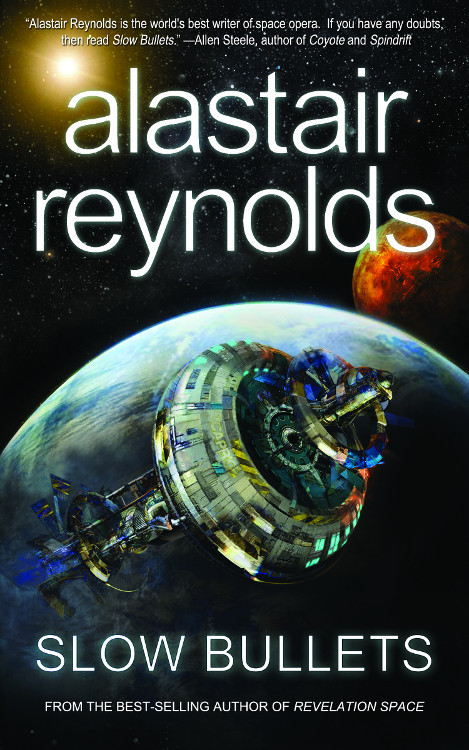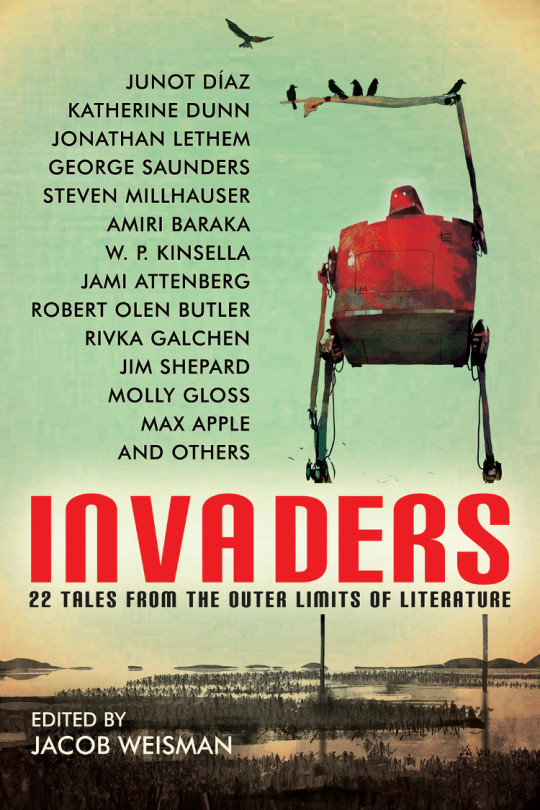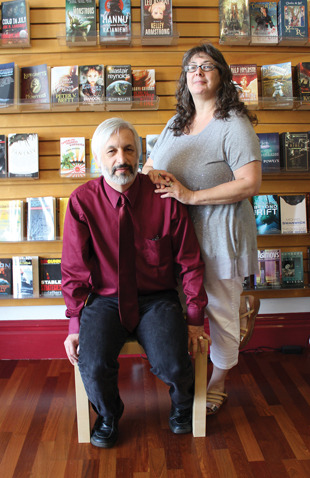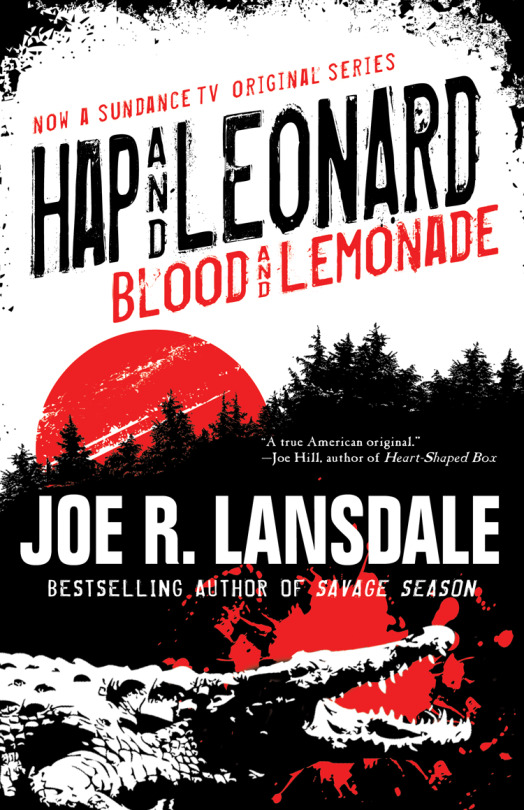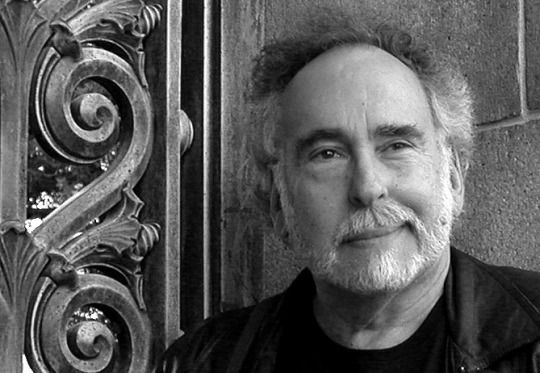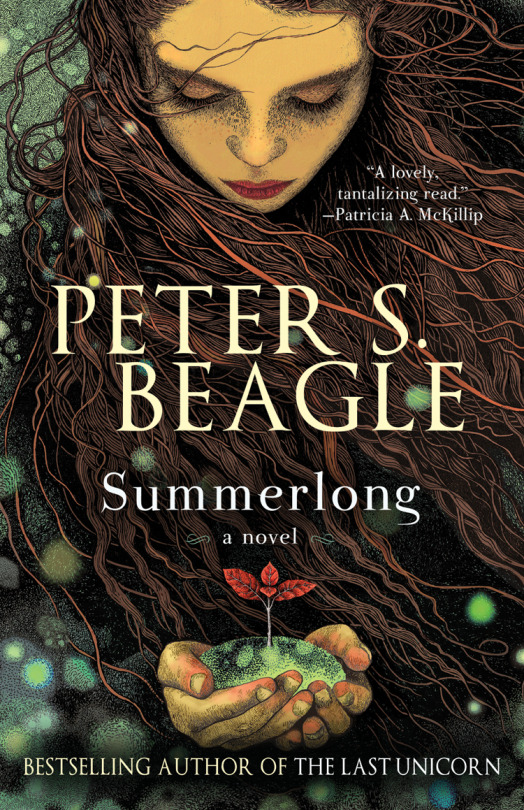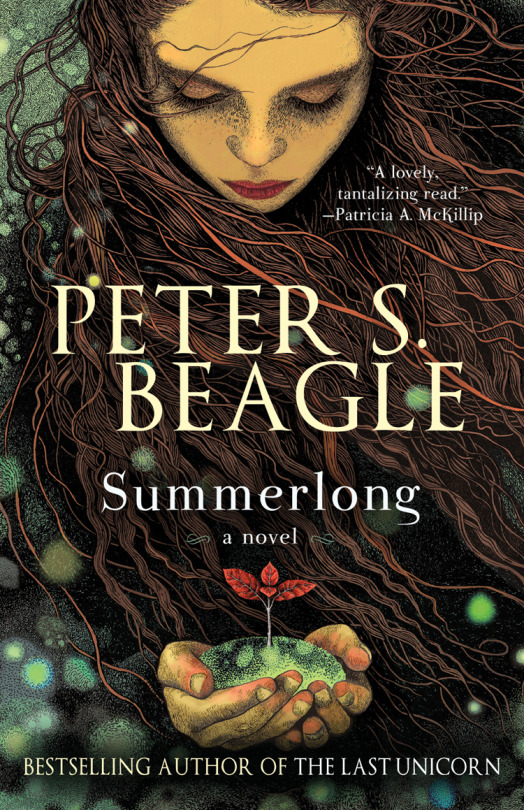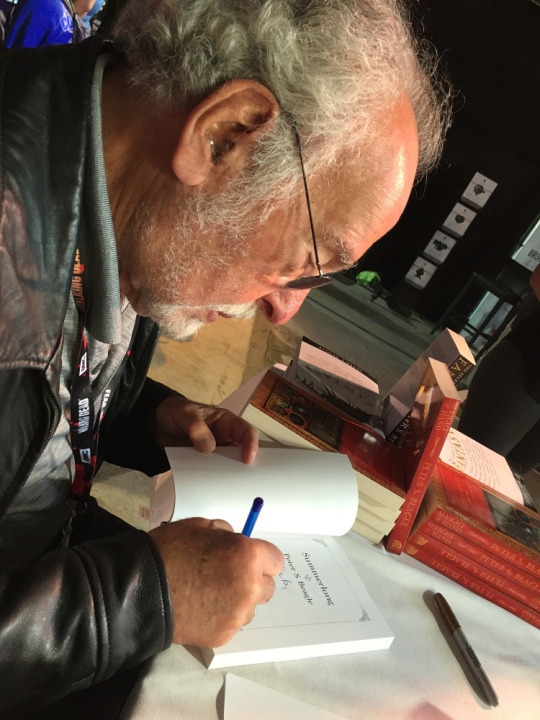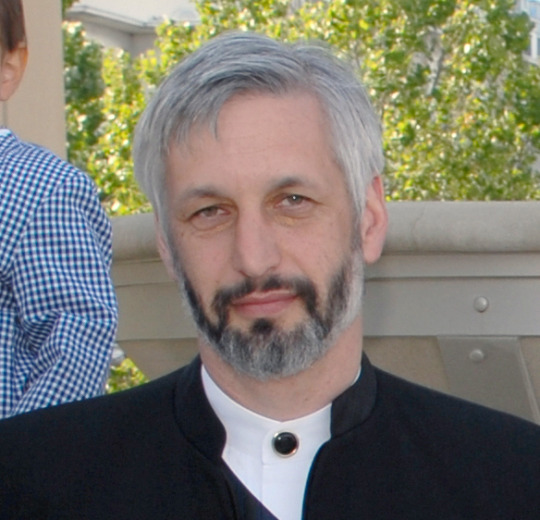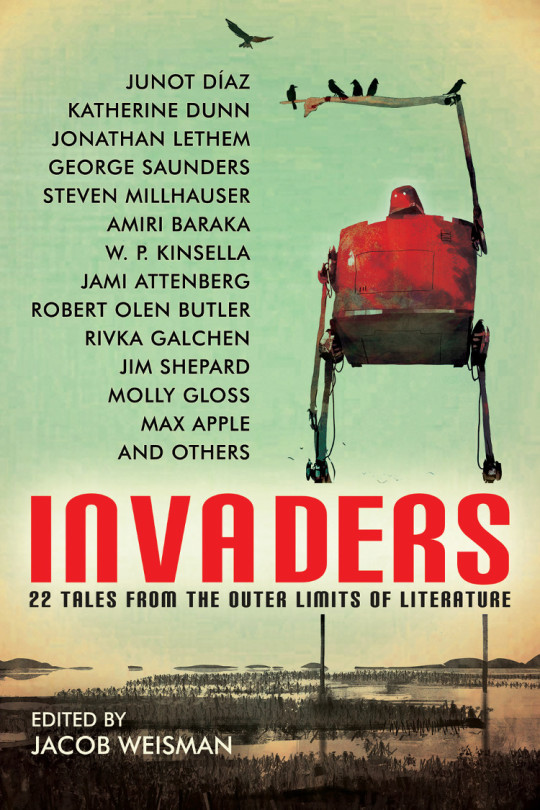Lavie Tidhar’s gripping alternate history UNHOLY LAND will enthrall audiences across the multiverse
With its recent publication, Lavie Tidhar’s new novel UNHOLY LAND garners positive mentions.
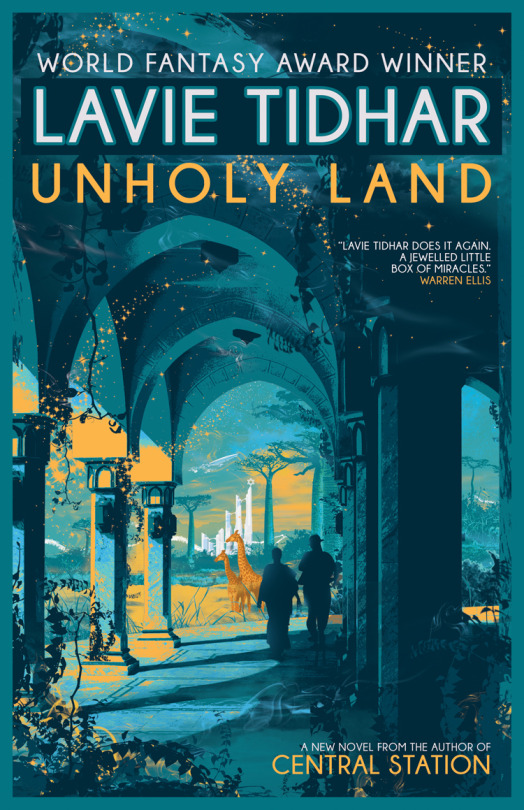
PUBLISHERS WEEKLY includes the title among PW Picks: Books of the Week, October 15, 2018.
World Fantasy Award winner Tidhar (CENTRAL STATION) will leave readers’ heads spinning with this disorienting and gripping alternate history.
<snip>
Readers of all kinds, and particularly fans of detective stories and puzzles, will enjoy grappling with the numerous questions raised by this stellar work.
In a STARRED review at FOREWORD, Michelle Anne Schingler praises the novel.
There are some who know many faces of the divine, but their knowledge is not necessarily desirable. Lavie Tidhar’s stunning science fiction adventure, UNHOLY LAND, moves between incarnations of Jewish being with alacrity, hunger, and humility.
<snip>
Political commentary is here, particularly in the Palestinian treatment of African refugees, seen in the world where the travelers and lawman meet. Still, it’s the details between realities that captivate: prehistoric creatures on the march; the Holocaust that never was; a variation of Jerusalem scorched into lifeless black glass. People are both violent and hungry for freedom in every possible world. Atrocities are committed and excused. Or goodness rises. Take your pick—a shimmering pool in the heart of a Kenyan volcano makes doing so possible—but know that in choosing one world, you may compromise others.
UNHOLY LAND is a wonder and a revelation—a work of science fiction capable of enthralling audiences across the multiverse.
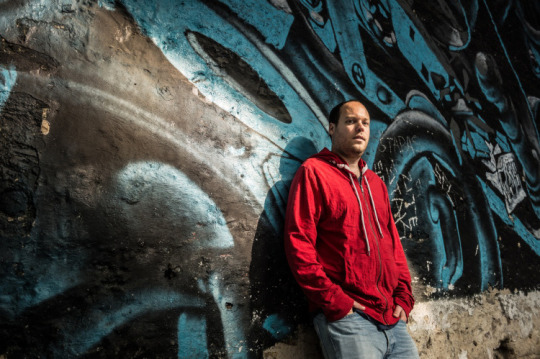
Photo: Kevin Nixon © Future Publishing 2013
Andrew Liptak for THE VERGE cites the book among 10 new sci-fi and fantasy books to check out for the rest of October.
In this alternate history, a pulp author named Lior Tirosh returns home after suffering a personal loss. That home is Palestina, on the border of Uganda, that was offered up as a Jewish homeland in 1904. Once he arrives, he finds himself in the midst of a complicated plot to destroy the boundary between realities. As he’s pursued by two government agents, he takes on the persona of his pulp character to try and understand the situation and survive. Publishers Weekly gave the book a starred review, saying that Tidhar “will leave readers’ heads spinning with this disorienting and gripping alternate history.”
On his eponymous site, Paul Semel interviews Tidhar about UNHOLY LAND.
In the following email interview about his new novel, UNHOLY LAND (paperback, Kindle), writer Lavie Tidhar admits that while the story employs the tenets of noir, fantasy, sci-fi, and mystery, he thinks it may be best described as just “Tidharian.”
To start, what is UNHOLY LAND about?
Initially it’s about a guy called Lior Tirosh, who time-slips from our world into Palestina, a small Jewish nation in East Africa founded at the start of the 20th century. And he gets involved in the search for his niece, who went missing, so we get to see some of that world.
But then it turns out there are maybe more than onealternate realities, and the walls between them are starting to come down. So, I don’t know. It has this deceptively simple plot to begin with — a sort of detective looking for a sort of missing person — but then it gets complicated and we realize there are other characters, too. One of whom is Nur, who is a sort of Palestinian special agent from a world where history turned out different, who is trying to stop whatever it is that is happening.
But, you know, there are also jokes.
Where did you get the idea for UNHOLY LAND and how different is the finished novel from that initial concept?
I think I got interested in that idea years ago, when I first learned about the so-called “Uganda Plan,” where the British actually did offer Theodor Herzl, the leader of the Zionist Congress, a piece of land in East Africa. And the Congress sent out an expedition. So years ago I tracked down their report on microfilm in a private library in London, and I got to read through it; it was fascinating. And I ended up writing this story called “Uganda” [in his collection HebrewPunk], which is mostly about the expedition, but at the end we sort of get a glimpse of that other reality, of the what would have happened if Herzl said yes.
And there were things I kept going back to. Like Herzl’s own utopian novel Altneuland, which fascinated me, and a bunch of other things. So I kept working these out in short stories. One story that fed into the novel is called “Shira,” and that has Nur in it, and it’s about a peaceful Middle East where Jerusalem’s been erased somehow, no one knows by who, and that leads to a sort of regional peace. So all these things fed into the book eventually. It takes me about ten years I think to develop a book before actually writing it.
As to the other part of the question, there’s not really much difference between the manuscript and the finished book. Mostly we did things like make it easier to follow the transitions, and removing some bits and clarifying others. Once I was actually writing, the story must have been pretty fully formed, at that point.
For more info on UNHOLY LAND, visit the Tachyon page.
Covers by Sarah Anne Langton


